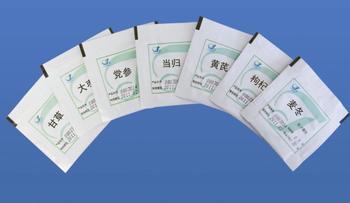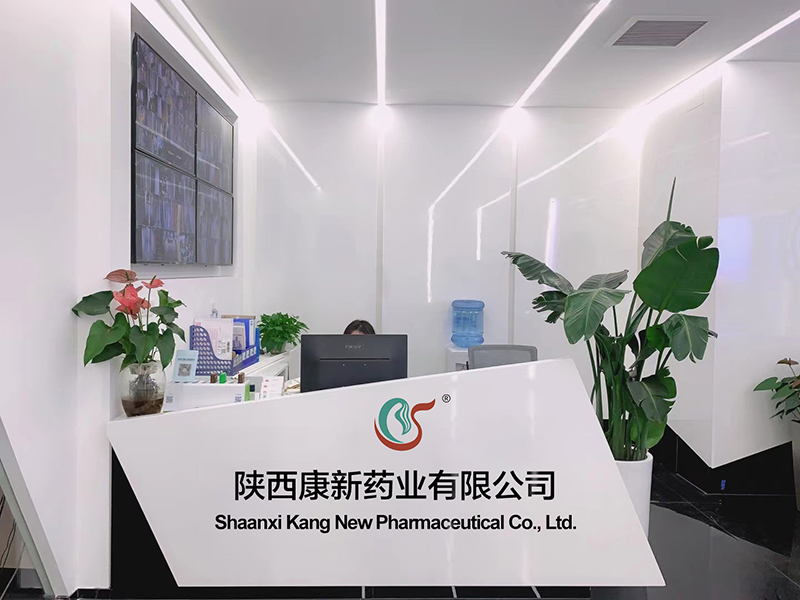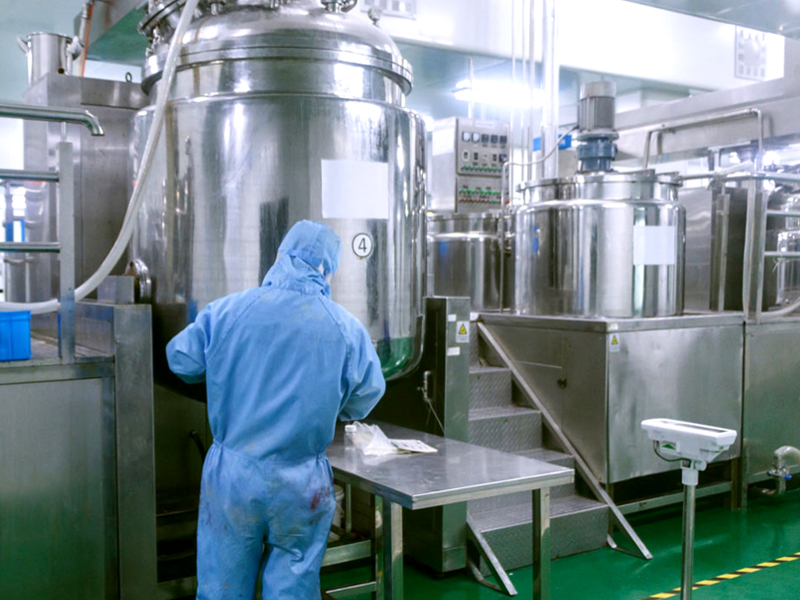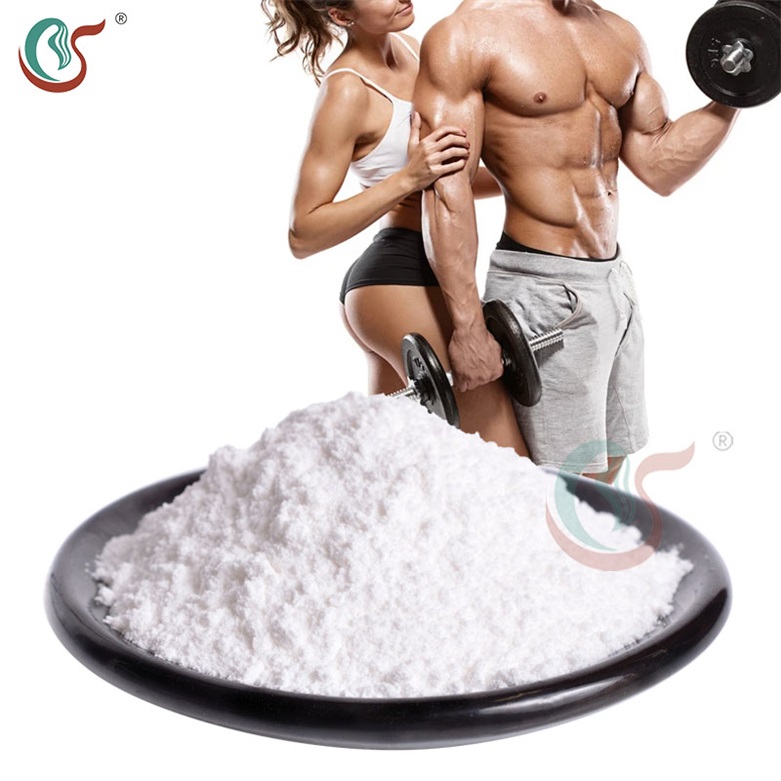The State Food and Drug Administration reiterated that it is limited to 6 Chinese medicine formula granules
Trenbolone Powder category includes Trenbolone Acetate Tren A powder, Trenbolone Base Steroid Powder, Parabolan Trenbolone Hexahydrobenzyl Carbonate, Trenbolone Enanthate Tren E, Trenbolone Base CAS.10161-33-8, Trenbolone Acetate CAS. 10161-34-9,Raw materials such as Methyltrienolone, certificates of analysis and HPLC test results are available.
Trenbolone Powder,Trenbolone Hexahydrobenzyl Carbonate,Raw Trenbolone Powder,Epithalone Human Growth Peptides Shaanxi Kang New Pharmaceutical co., Ltd. , https://www.apipepdite.com The State Administration of Pharmaceutics and Drugs issued a document in the near future to strictly implement the research and management of traditional Chinese medicine formula granule pilots, and called for the approval of traditional Chinese medicine formula granule production enterprises.
The State Administration of Pharmaceutics and Drugs issued a document in the near future to strictly implement the research and management of traditional Chinese medicine formula granule pilots, and called for the approval of traditional Chinese medicine formula granule production enterprises.
The document from the State Food and Drug Administration pointed out that the TCM formula granules are still in the pilot research of scientific research and will work with related departments to promote the pilot study of TCM formula granules, identify problems, summarize experiences, and issue relevant regulations in due course. Prior to this, provincial food and drug supervision and administration departments could not approve the production of traditional Chinese medicine formula granules in any name.
According to analysis by industry insiders, for several companies such as China Resources Sanjiu, Shanghai Jahwa, and Hongri Pharmaceutical, this move by the regulatory authorities will allow their monopolistic advantages to continue.
The reporter of the "Economic Information Daily" understands that the introduction of this ban by the State Food and Drug Administration is based on the approval of the province of Anhui, Jilin, and other provinces to approve the pilot production qualification of Chinese medicine formula granules in the province. In July 2001, the State Food and Drug Administration issued the Provisional Regulations for the Administration of Chinese Medicinal Formula Granules, which explicitly included Chinese herbal formula granules into the scope of Chinese Herbal Pieces management. Since then, the management and control of the qualifications of pilot manufacturing companies for traditional Chinese medicine formula granules has been under strict control and management, and only six companies across the country have obtained this qualification. The six Chinese medicine companies include China Resources Sanjiu, Shanghai Jahwa subsidiary Jiangyin Tianjiang Pharmaceutical Co., Ltd., Hongri Pharmaceutical's Beijing Kangrentang Pharmaceuticals, Prairie (Nanning) Pharmaceutical Co., Ltd., and Sichuan New Green Pharmaceutical Technology. Development Co., Ltd., Guangdong Party Pharmaceutical (has been acquired by Tianjiang Pharmaceutical).
Relevant financial report data show that Hongri Pharmaceutical achieved operating revenue of RMB 1.229 billion in 2012, of which, TCM formula granules achieved operating revenue of RMB 498 million, an increase of 85.69% year-on-year. Shanghai Jahwa's 2012 annual report shows that Jiangyin Tianjiang had revenue of 1.892 billion yuan last year, operating profit of 484 million yuan, and net profit of 411 million yuan.
Ministry of Health statistics in 2009 showed that the annual trial production of Chinese herbal formula particles exceeded 10,000 tons, annual sales amounted to more than one billion yuan, accounting for 6% of annual sales of Chinese herbal medicines, and was increasing at a rate of more than 30% each year.
Insiders pointed out that Chinese medicine has a sales volume of about 50 billion yuan. If 60% of the market turns into the share of TCM granules, sales and profits will be very large. But now 6 companies have only achieved sales of more than 3 billion yuan, so many companies hope that the State Food and Drug Administration will liberalize the access conditions and enter the market of traditional Chinese medicine formula granules.
"The lack of uniform, high standards of quality standards for TCM granules has resulted in the uneven quality of TCM granules, which has restricted the enthusiasm of strict quality management and investment in R&D of TCM granules manufacturing enterprises." According to industry sources, this is a strict control of the State Food and Drug Administration. Quantity, the main reason for being reluctant to let go, but it also brought about a situation where six companies formed a monopoly market. 

